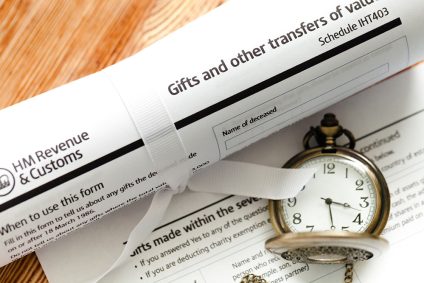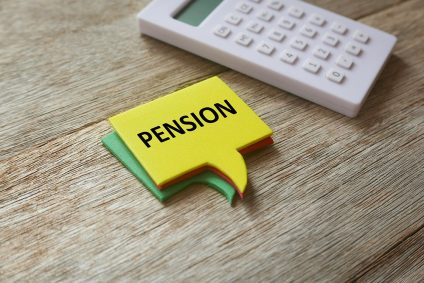Is your private practice income causing you to pay more tax on your NHS pension growth?
Doctors normally consider the importance of tax efficiency when structuring their business but often forget the impact this can have on NHS pension funding. Your pension is often a very hard thing to get your head around. Many people don’t realise that they have many options when it comes to their pension and end up being stuck in a pension scandal after not being told all of their options for their pension. But what effect does your pension have on your tax?
There is an annual allowance which limits pension savings attracting income tax relief to £40,000. Many senior doctors breach this rate just by being in the NHS pension scheme for another year, even before a new Clinical Excellence Award or contractual pay increment is considered.
In addition, those who are deemed to have total income of £150,000 face an annual allowance which is reduced further by £1 for every £2 over this. Note that total income is not just salary, it includes dividends, NHS pension contributions and other income from rental properties etc. For most senior doctors this means an annual allowance of just £10,000. The result is that deemed “excesses” above the annual allowance are considered in the same way as income and taxed at your highest marginal rate. This can come as a big shock for the unprepared or unwary.
The new tapered annual allowance should be a key factor in business planning. As an example, let us look at Dr Smith.
Dr Smith runs his medical practice in partnership with his spouse who is also medically qualified. His income is £100K from the NHS and £200K from private practice which is then split 70/30 between them as part of the partnership agreement. His income is now £240K and his wife earns £60K.
While the partnership may be efficient from an income tax point of view, this is not the case for pension planning.
The tapered annual allowance for someone earning £240K is now just £10,000 so his pension input above this sum may be taxed at his highest marginal rate of income tax of 45 per cent (if he has no unused allowance to carry forward from previous years).
Through Dr Smith’s NHS earnings alone, his ‘input’ into the NHS pension scheme is in excess of £29,500 on an annual basis. His tapered annual allowance is £10,000 so he has excess pension savings of £19,500. The tax liable at his marginal rate is £8775 every year.
If Dr Smith now has a limited company with his wife as co-director and shareholder and his private practice income of £200K is all billed through the company. Dr Smith and his wife can choose how to draw salary and dividends. If they do not need to draw, his official earnings remain at £100K (his NHS salary only) so Dr Smith retains the full annual allowance of £40K (provided he has no other earnings from other sources). His NHS pension input of £29,500 is below his £40,000 annual allowance so there is no excess tax charge, giving a net annual allowance tax saving of £8775 pa.
Dr Smith’s wife can draw a salary appropriate for her role and any profits within the company would be subject to corporation tax.
A limited company can also contribute ‘pre-taxed’ company income to a pension. Higher rate taxpayers can put practice income straight into a personal pension rather than taking the income as a dividend. This can be particularly useful for a spouse who will also have an annual allowance and may not be as concerned about the lifetime allowance. However, care needs to be taken that any remuneration package and company pension contributions are appropriate to the role being performed.
Ideally, your accountant and financial adviser will be working together to ensure opportunities for pension planning via your practice are not missed. Given the overlap between many of the key finance areas and a constantly changing financial landscape, there is a greater need than ever before to have a united source of advice.
Are you confident that your practice structure is working as hard as you for your future? For a second opinion, please contact our advisers on 020 7636 7006.


